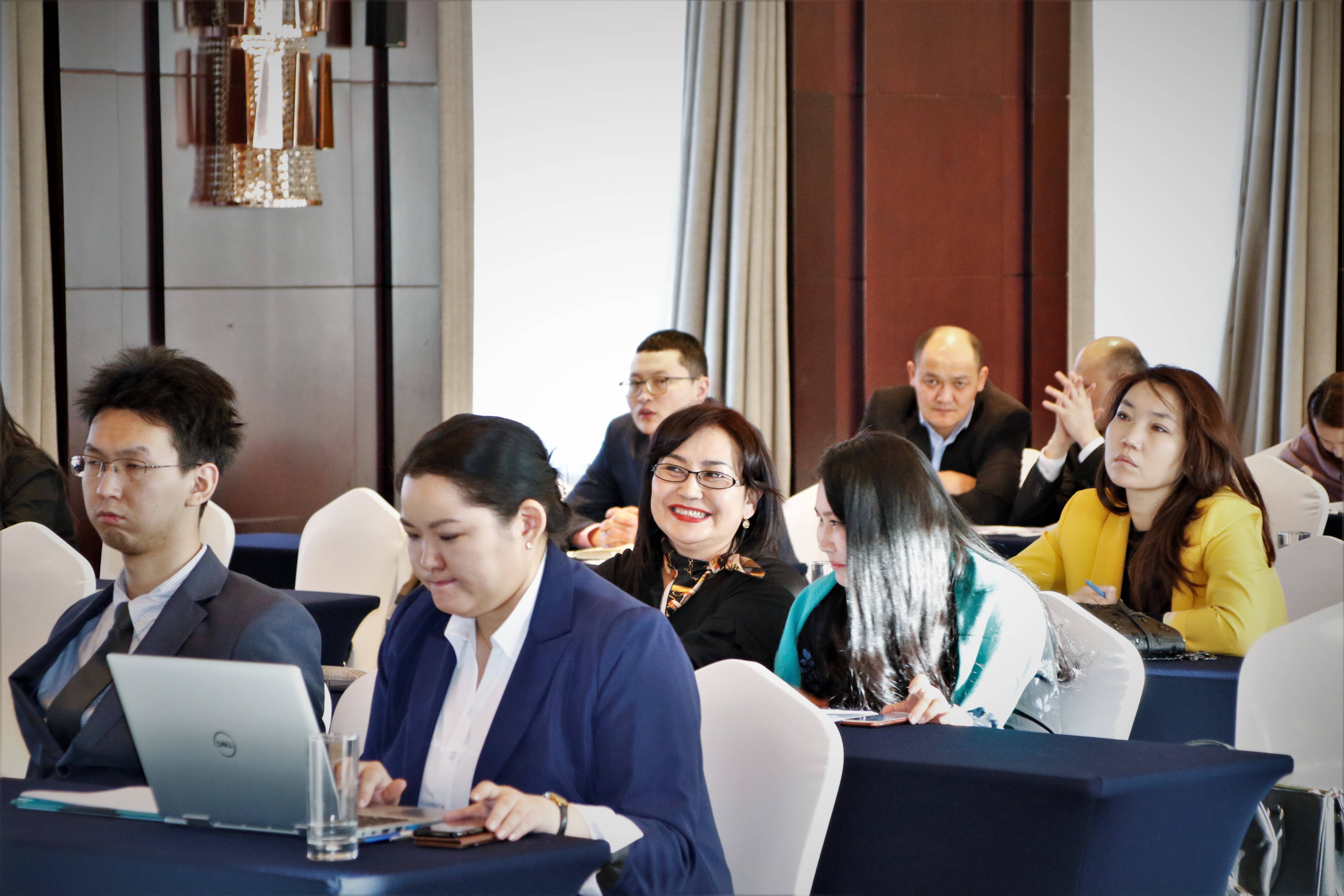
With nearly EUR 280 million in funding since its launch in 2007, SWITCH-Asia is the largest Sustainable Consumption and Production (SCP) programme supported by the European Union. The programme has achieved more than a decade of progress on SCP policy development and practice in 24 countries in the region, including in Mongolia.
Currently, activities supporting SCP policy development, eco-innovation, sustainable public procurement and eco-labeling are being implemented in Mongolia through the joint partnership of SWITCH-Asia SCP Facility (SCPF) and the Ministry of Environment and Tourism (MET), in collaboration with other partners and multi-stakeholders.
To increase capacity and raise awareness to promote SCP best practices and Sustainable/Green Public Procurement (S/GPP), workshops were conducted on 9-10 January 2020 in Ulaanbatar. On 9th January, the Ministry of Environment and Tourism (MET), the Ministry of Finance (MoF) and the SWITCH-Asia SCP Facility jointly organised the Technical Training Workshop on Sustainable and Green Public Procurement. 25 public procurement officers of the Ministry of Finance, Agency for Policy Coordination on State Property, and line ministries participated in the training.
International expert Mr. Bjorn Bauer introduced GPP and international good practices and suggested key priorities for GPP in Mongolia and its implementation based on his analysis of the national GPP Model. The Government of Mongolia (GoM) highlighted the government’s efforts on implementing the public procurement policy on delivering environmentally sound, effective and resource efficient goods, works and services. It also expressed its commitment to ensure that at least 20 percent of public procurement will be GPP.
On 10th January, the MET andthe SCPF also jointly organised a Stakeholder Technical Workshop to present the findings of the SCP baseline study in Mongoliaand to discuss the identified areas of interest to be considered for inclusion in the Mongolian SCP Roadmap. 60 stakeholders from ministries, agencies, business associations, among others, actively participated to this event. The workshop presented ongoing SWITCH-Asia grant funded projects in Mongolia: STeP EcoLab, focusing on SCP in textiles; SWITCH Off Air Pollution, covering energy efficiency in the individual housing sector; and Recycling Building Materials, which enables Small and Medium Enterprises (SMEs) to switch to resource efficient practices.
The general consensus was that SCP patterns and the protection and management of the natural resource base are key requirements for sustainable development in Mongolia. The technical workshop also sparked great interest for new Mongolian initiatives covering both SCP issues, where possible, in cooperation with European institutions and other partners.
More information in Mongolian


